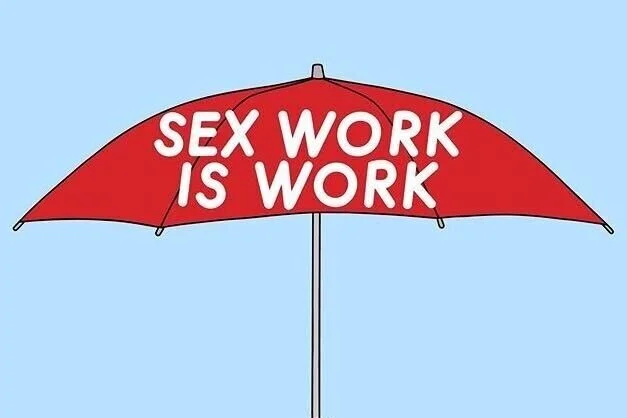Politics
Zainab Onuh-Yahaya
Covid-19 has highlighted how wealth and class transpire into aspects of everyday life and create significant risks. Zainab Onuh-Yahaya draws a picture of the everyday realities of these differences, as she lives through them in her neighborhood in urban Nigeria. Even fearing disease in the middle of a pandemic is a luxury for those who need to be concerned with hunger.
Yuval Joyce Shalev
Israelis who believe in the most elementary human rights principles, who also live under the protective aegis of a government that continuously denudes our nearest neighbours of those very rights, are living lives that are increasingly ego-dystonic, so long as they remain silent. The very notion of a liberal, secular Israeli is a contradiction in terms, unless they - we - endeavour to make a change.
Hannah Carbery
Prior to Covid-19, issues of overcrowding, lack of privacy, and the inability to live a normal family life already raised the alarm on conditions present in Ireland’s Direct Provision Centres. Now residents are forced to self-isolate in often overpopulated and poorly-managed centres during the Covid-19 pandemic, such systems suddenly present an imminent threat to lives.
Cindy Chen
When domestic violence is featured on the news, it is usually classified as a ‘domestic matter’, dismissed to the private, rather than public, sphere. With the Canadian government enacting Covid-19 stay-at-home orders, and as schools and workplaces close indefinitely, the safety of children and adults forced to stay indoors in abusive households are at risk.
Saskia Hagelberg
There are between 60,000 and 80,000 sex workers in the UK. The UK government estimates that over 70% are mothers, many of whom sell sex to support their families. With no income and in the absence of financial assistance from the government, it is not only the sex workers who will face destitution, but the children, partners, parents, and grandparents who rely on their earnings.
Hannah Carbery
What effect will the newly elected Greek government have on refugees?
In an attempt at searching for a sustainable, long-term solution, Hannah Carbery speaks to Mimi Hapig from the German organisation Soup and Socks. Hapig currently works with refugees in northern Greece as leader of the maker space project Habibi.Works.
Soundarya Balasubramani
The crux of the issue is the biased lens through which we’re coerced into looking at the numbers. Among the largest OECD economies, the perceived proportion of migrants is usually around twice that of the actual proportion of migrants in the population as a whole. The intense fixation by political parties on the issue of migration has more to do with political agendas than economic underpinnings.
Marta Santiváñez
My mother used to warn me that it didn’t matter what I say, but that I ought to always be careful of what I wrote, for writing stays. In research, as in reporting, I come across questions of terminology on a regular basis, and the choices I make when naming carry political significance. Words are not value-free; they fix narratives into consciousness, and consciousness into prejudice.
Arzucan Askin
My German passport – the most valuable thing I have ever owned - clutched in my hands, I tried to stay calm when heavily-armed soldiers approached us to search our bags for any suspicious or dangerous items… They called it ‘the waiting area’ of the checkpoint. An overly friendly term, given the hostile atmosphere in the securitized large hall that felt more like a detention centre. A soldier, his hand resting on the large machine gun over his shoulder, ushered us through the metal turnstile.










James Blake and Xiomara Rivas
Guatemala has witnessed increased levels of violence over recent years, particularly against human rights activists defending indigenous communities. In response, local communities are forming their own protection groups and owning up to the cartels and, in some instances, to elected officials.